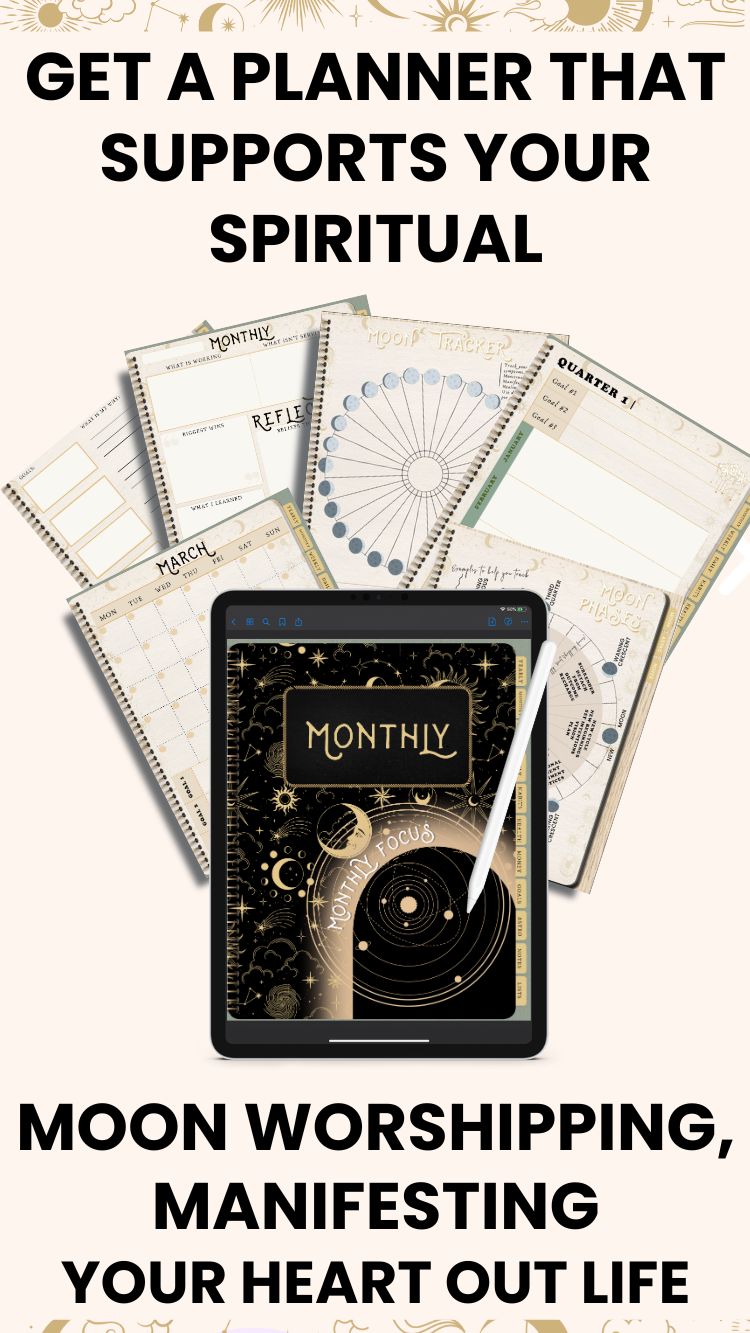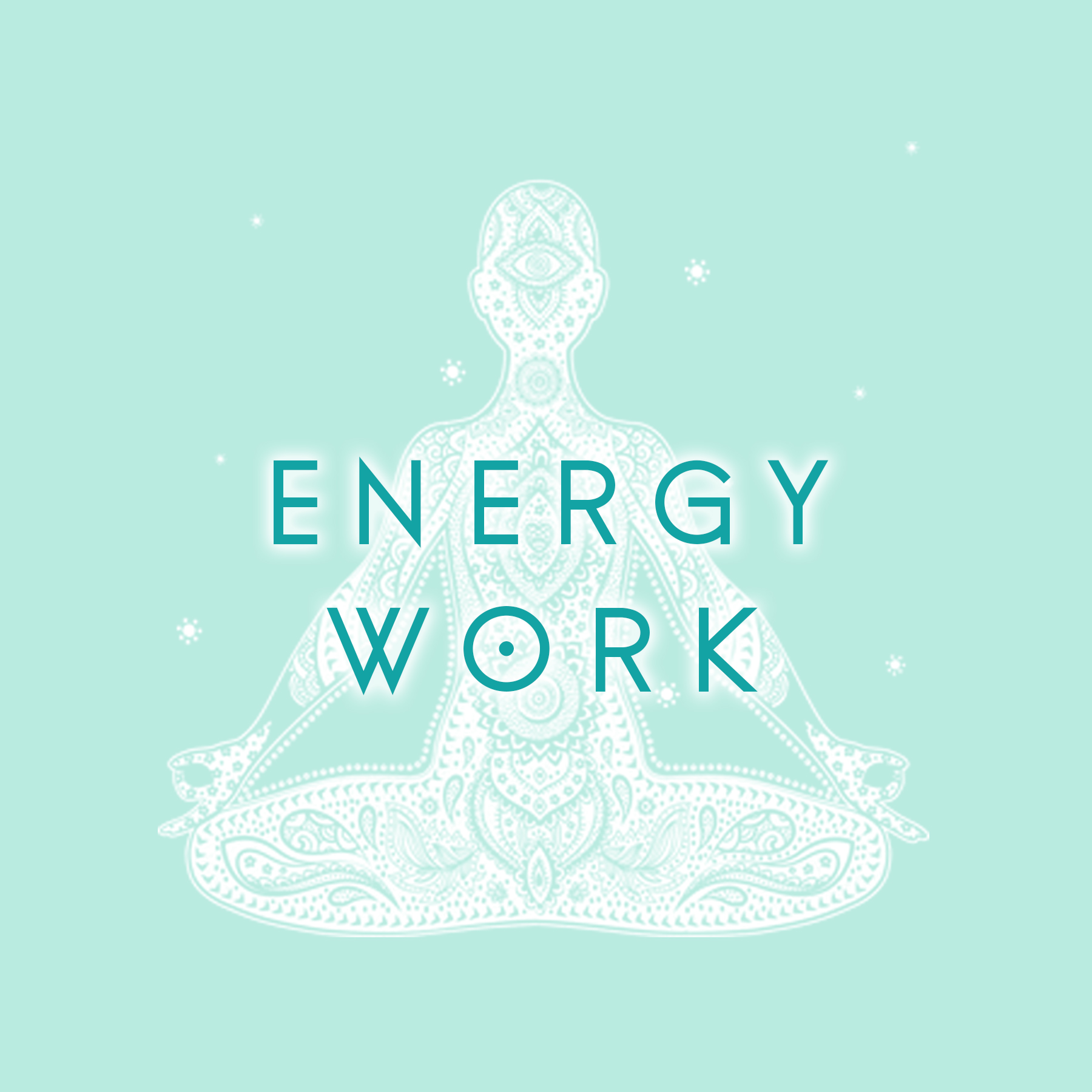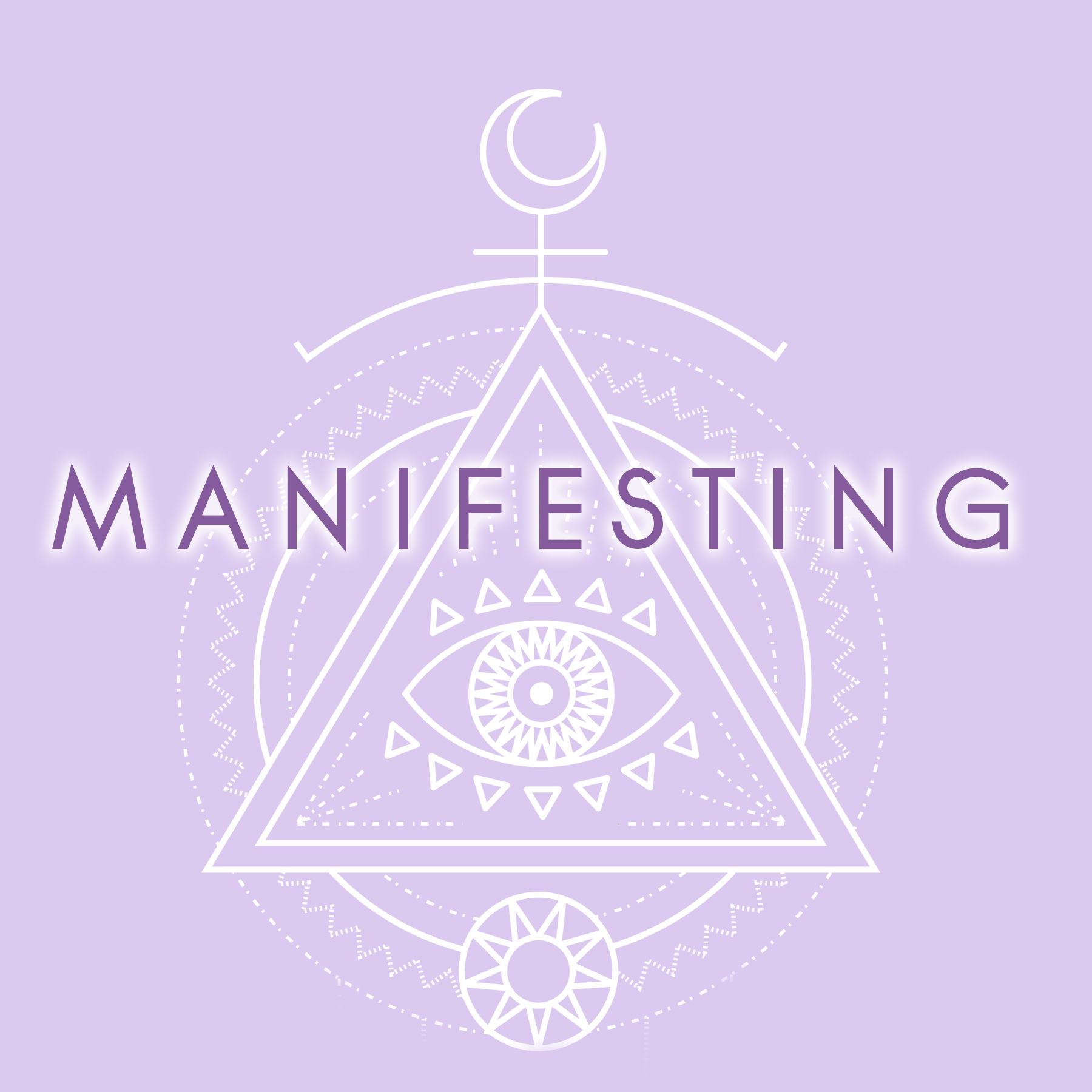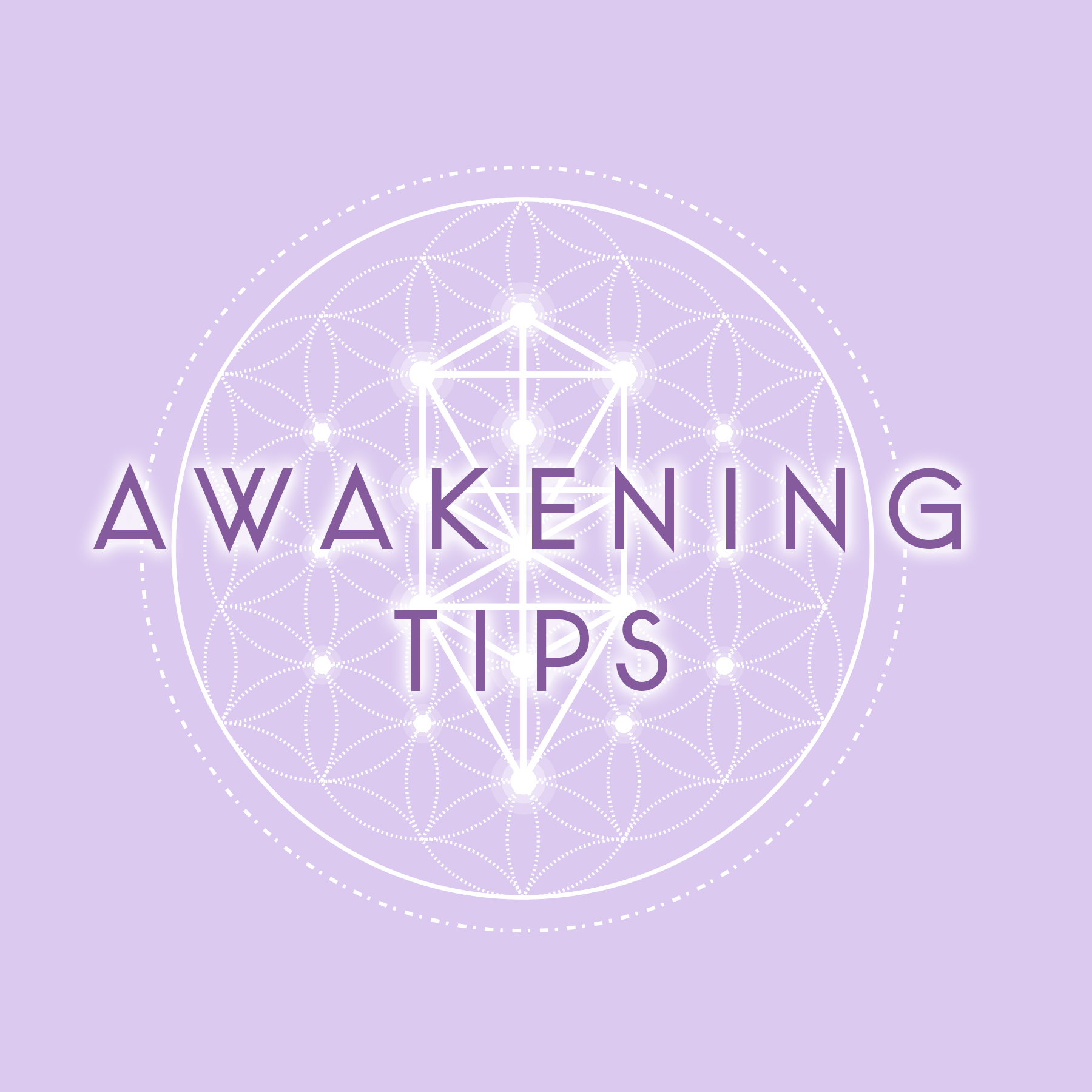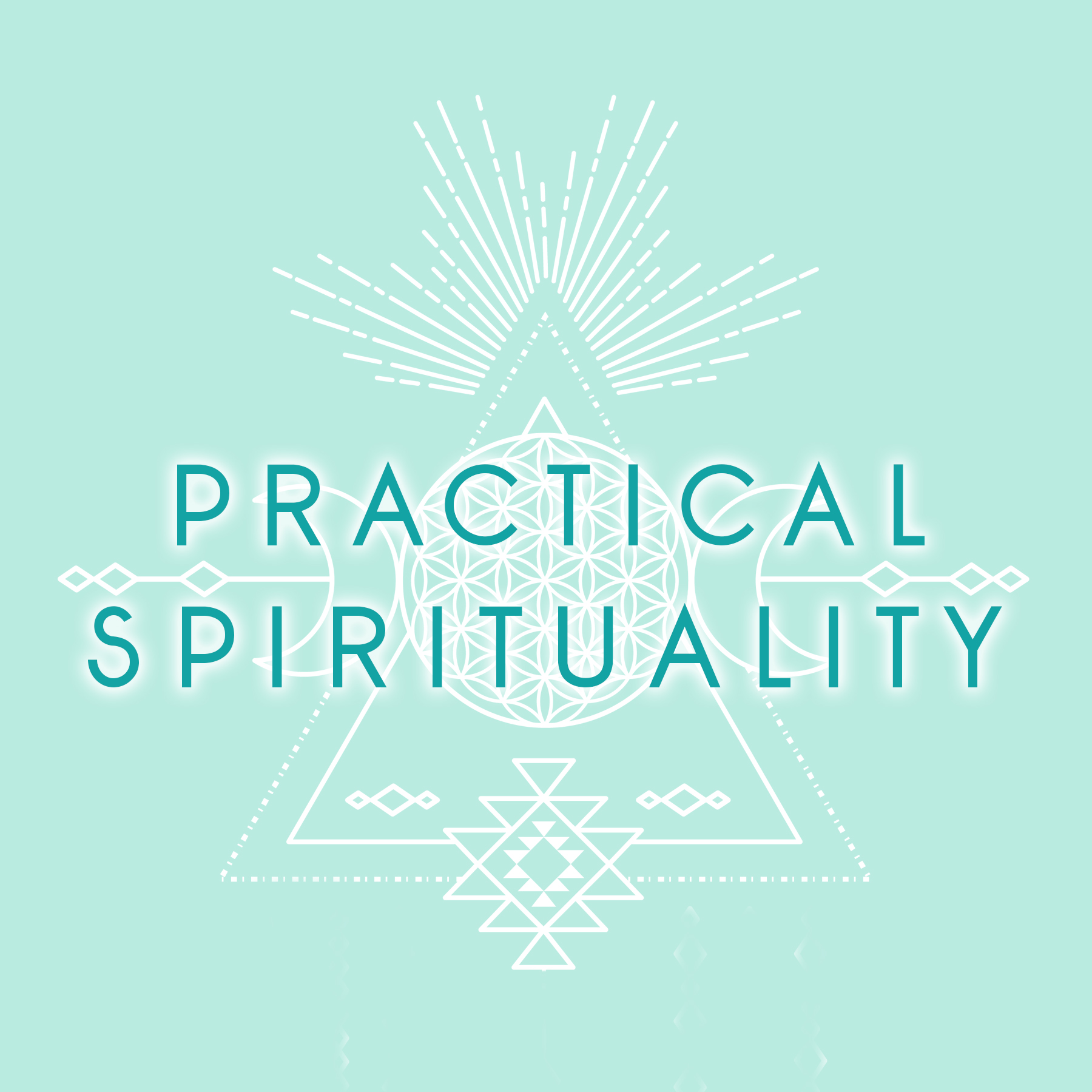Emotional health is a basic tenet of well-being. Since your body functions as a system, lacking emotional regulation skills can affect your mental and physical health. If you recently had to deal with a job loss or a breakup, you’ll find learning practical tips for processing pain, trauma, and grief essential to healing.
What Is Emotional Healing?
Pain manifests in two ways — physically and emotionally. Sometimes, the latter is more impactful and challenging to get over. Emotional healing is the process of accepting painful or traumatic life experiences, and letting go of them to achieve inner peace.
Emotions are a currency of health. Trapping strong negative ones inside the body can increase the risk of mortality. Experts found anxiety and sadness are associated with inflammation that creates biological wear and tear on the body, leading to severe conditions.
Why Is Emotional Healing Important?
Emotional health is linked with your overall well-being, so recovering from those traumas and distress is critical. Think of your being as a collage of three main features — the body, mind and soul. Emotions are part of this mind-body-soul network.
Doing things that bring joy nurtures the soul. Meanwhile, intense feelings of hurt and pain prompt misery that affects your life, relationships, and career.
When Do You Require Emotional Healing?
Problems make life meaningful since you develop wisdom and skills every time you overcome them. However, major adversities like the passing of a loved one, breakups, divorce, abuse, job loss and illness can sometimes get you stuck in a loop of unhealthy emotions that’s hard to escape.
These situations require you to face grief and heal your emotions. Don’t avoid pain — it will only delay healing.
Each person has a different level and means of coping. Some go through the seven stages of grief on their own, whereas others require help. Symptoms of shock, denial and anger usually resolve after one to two years. If they continue to affect your personal life, seek professional help.
Strategies to Heal Yourself
It can take years for some people to get better emotionally, depending on their level of resilience. Combine two or more of these techniques to recover from distress.
1. Allow Yourself to Grieve
You might’ve heard people say never to bottle up your emotions to prevent havoc on your health. Crying is the best way to unload the accumulated pain and grief inside your emotional barrel.
Grief is a natural response to a painful situation, like a divorce or the passing of a spouse. Crying as an expression of this can help purge emotional hurt and release stress, purifying your body of things that may be bad for your health.
On average, women cry 3.5 times a month, while men cry 1.9 times each month. Don’t feel embarrassed to do it more if you need to release those negative feelings burdening you.
2. Practice Mindfulness
Mindfulness has upsides that influence overall well-being. It teaches you to cultivate self-awareness and self-compassion, which are critical factors for emotional recovery.
People who can’t get through a painful experience are stuck in the past. Mindfulness techniques like meditation help because they force you to detach from an event that happened long ago, focus on the present and heal invisible wounds. Here are some techniques you can try:
- Body scan: It involves mentally scanning your body for pain, tension and sensations. Over time, you build an ability to focus on the present until the past causes you fewer problems.
- Deep breathing: When feeling anxious, your respiration becomes shallow and puts you in a fight, flight, or freeze mode, causing an internal imbalance in oxygen and carbon dioxide. Deep or conscious breathing helps restore the balance of gasses inside the body.
- Loving-kindness: This form of meditation is ideal for those holding on to pain, anger or resentment. The practice involves envisioning yourself receiving love and peace to cultivate self-acceptance.
3. Do Movement-Based Practices
Like mindfulness, moving can get you out of the emotional rut, as it brings your focus to your body. Here are some examples you can try.
Exercise
Whether it’s running or lifting weights, a daily session at the gym can redirect your attention and energy from what’s causing you pain to the sensations arising while you train. It’s a healthy form of diversion that boosts your mood, improves your sleep, strengthens your immunity and lowers the risk of psychological illnesses.
Exercise can alter chemical processes in the brain and make you less sad. One study found running for two weeks reduced depression scores in young people and increased the volume of their hippocampi — the brain area responsible for emotion, learning and memory.
Yoga
Yoga combines mindfulness and physical activity. These dual benefits accelerate emotional healing by honing your regulation skills.
A total of 110 teenagers participated in a study determining the benefits of yoga on emotional health — 52 were practitioners, while 58 were non-practitioners. Those who practiced obtained a significantly high mean value on all statements of emotional regulations, while the non-yoga group gained below-average scores. Additionally, the yoga group enhanced their self-esteem and were more optimistic.
Yoga is an all-body movement. Try it to increase your emotional resilience.
Tai Chi and Qigong
These exercises are similar to yoga, as they also incorporate mindfulness in every move. As a form of physical exercise, practicing can reduce stress, improve mood and foster emotional balance.
4. Keep a Journal
Some people are more effective at expressing emotions through writing, which is where a journal comes in handy. When you’re not ready to open up to your family or close friends, a pen and paper are great tools to bring emotions and negative thoughts to the surface.
Expressive writing is a popular technique for effective journaling. Write your thoughts and emotions for about 20 minutes, including how they affect yourself, your relationship and your career. You’ll feel much better by taking this emotional trash out of your body and onto a notebook.
5. Art Therapy
Sometimes, emotions are too painful to express in words. This is where art therapy comes in — another artistic expression to offload internal conflicts that eat away at your mental health. It can be as effective as journaling in enhancing your quality of life and help build emotional resilience.
In a study about clay-based art therapy, 60 seniors were divided into two groups. The intervention group attended two face-to-face interviews and six 1.5-hour weekly art therapy sessions. The control group only had face-to-face interviews a few times.
After the study, seniors in the first group reduced their sense of loneliness and hopelessness compared to those in the control group. Art therapy emerged as an effective complementary strategy for people with emotional problems.
6. Practice Gratitude
Make gratitude the center of your life as you heal. An overwhelming number of studies have proved appreciating life, what you have and the people around you significantly improves your well-being.
Gratitude alone can protect you from having thoughts of suicide. In a study of 236 high school students, researchers found grit and gratitude are linked to feeling good, which inhibits one from suicidal ideation and falling into a seemingly endless cycle of emotional distress.
7. Eat Healthy
Food is a medicine that helps you heal in many ways. It nourishes the body with nutrients to fight inflammations that catalyze diseases. For example:
- Foods like tuna and salmon are loaded with omega-3 fatty acids that reduce depressive symptoms.
- Dark chocolate has flavonoids that ease depression, and enhance circulation and brain health.
- Fermented foods like yogurt and kombucha are packed with live bacteria that improve mood and gut health.
You can eat your way through a better emotional state by consuming foods that give you energy.
8. Join Therapy Sessions
If you struggle to talk about your negative feelings, reach out to a therapist — they’re experts in this field. They listen to your problems without judgment and assist you in navigating complex emotions for easy processing. With their guidance, you can equip yourself with the skills to process grief, trauma and pain.
9. Connect With Support Groups
Mental and emotional health problems aren’t yours to bear alone — others are going or have gone through the same experience as you. Connecting with them online or in person can make you feel less lonely.
Find them by asking your doctor, therapist or counselor. They’re well-connected and can refer you to at least one social group. Otherwise, check for local nonprofits or search online. Thanks to technology, you can be part of a community with compassionate members who help each other out.
10. Balance Your Chakras
There are seven energy centers — or chakras — in the body running from the base of the spine to the crown of your head. Each of these points is associated with certain areas of well-being, and play a role in the energetic harmony of your physical, emotional and spiritual health. For example, your navel or solar plexus chakra may be out of balance or blocked if you’re feeling depressed or have low self-esteem.
Chakra healing can help restore your mind-body connection. While emotional healing might seem focused on your mental state, your body plays a role, too. Think about the last time you felt grief or deep sadness. You might have also experienced pain in your chest or stomach, as well as physical exhaustion. Balancing your chakras can address all these feelings.
Some strategies to heal your chakras include yoga, reiki, meditation, breathwork, crystal healing and Ayurveda. A few minutes of breathing exercise can help with realignment. You can also Practice unique methods at The Awakened State that combine Mindset, subconscious reprogramming and Energy healing techniques such as Repatterning. This is featured inside The Ultimate Chakra Academy.
Emotional Healing Is a Personal Journey
Processing pain, grief and trauma is a quest that requires you to do some work yourself, even if you receive help from others. By letting those unhealthy emotions out of your body and into a journal, art or other means of self-expression, you protect your health. Plus, you become more resilient by facing these emotional challenges with acceptance, courage and determination.
Enjoy this Article? Share it on your Favorite Socials or Pin it for a Spiritual Bestie to Find, Thanks!


Guest contribution by Author:
Cora Gold | Editor-in-Chief at Revivalist Magazine
Cora Gold is a wellness writer who aims to live a happy, healthy and mindful life. She is the Editor-in-Chief of women’s lifestyle magazine, Revivalist. Connect with Cora on Twitter, LinkedIn and Pinterest.
- 6 Ways to Connect With Nature for Balance and Serenity - July 15, 2024
- Summer Spirituality: Best Practices to Adopt This Season - June 7, 2024
- The Best Wellness Tips for Emotional Healing - May 14, 2024







